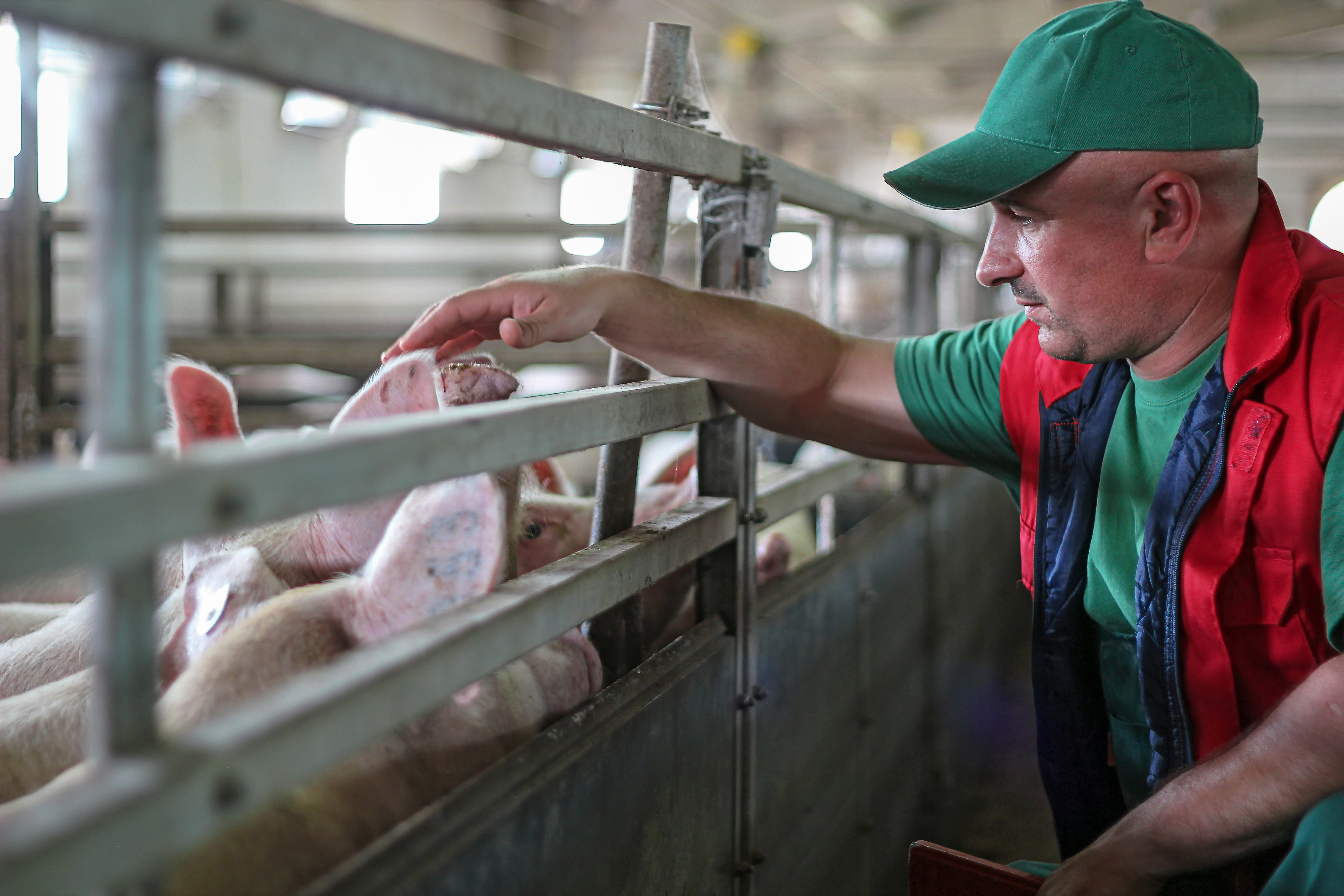



Mental health becomes a growing concern for farming communities in the UK and Ireland
Mental health is a serious issue for everyone, including farmers and stock workers in the UK and Ireland. Support is offered, but more needs to be done.A multifactorial issue
Several issues contribute to depression and anxiety among farmers and their employees. Serious weather events such as snowfall and floods can drastically impact a season’s yield, which can increase worry over finances exponentially. The day-to-day management of these conditions can also weigh heavily on those responsible for handling them.
Agricultural workers are rated as 46 percent more likely than those in other industries to endure illness overall. That means their risk of physical illness, especially lung disease and musculoskeletal disorders, is higher than it is for other workers, which can also contribute to stress and anxiety.
In addition, many farm jobs are incredibly solitary – and those doing them can go for days or even weeks without interacting with other people. This type of isolation is often correlated with depression, and the United Kingdom’s Farm Safety Foundation research suggests that many agricultural workers report struggling with this issue.
A recent survey conducted by the organisation found that over 80 percent of farmers under the age of 40 believe poor mental health is the biggest hidden problem that they and their peers are facing today. In Ireland, a 2019 survey by Empathy Research and AgriLand reported that 57 percent and 46 percent were impacted by anxiety and depression to some degree respectively.
The anti-meat agenda
In addition to the daily challenges of managing a farm, maintenance and building costs, financial worries and considerable isolation, UK and Irish agricultural employers and employees report having to deal with what the National Farmers’ Union of England and Wales has dubbed the “Anti-Meat Agenda”.
The Anti-Meat Agenda refers to the effort among certain groups and members of the public to move society away from the practice of livestock farming. As the debate rages on, farmers are often vilified, and their products might even be boycotted, both of which can take a toll on mental well-being.
A move towards veganism?
Most high-up voices in the so-called “Anti-Meat Agenda” do expound large-scale veganism, but say its implementation should be an incremented, supported process. The idea is to minimise the hardships suffered by those who rely on farming for their livelihood during the transition to a totally plant-based diet. There is an understanding that livestock farming is often steeped in tradition, going back hundreds of years in many families, and that it forms a crucial part of people’s identities.
Greenpeace, for example, asserts that eating less meat will mean fewer animal food crops like soya will be needed, which in turn will mean less deforestation and climate change. The organisation calls for government and retail chains to support the agricultural industry’s move away from animals and towards plants, adding that farmers and stock workers should not be victimised.
The impact of COVID-19
The current Coronavirus outbreak has affected the entire world, including farmers in Ireland and the United Kingdom. Government assistance in the UK and Ireland may be forthcoming in the future, but the details of this are not yet known. The demand for different meat products is changing, as restaurants close their doors and retail supermarkets’ profits soar.
Pork has been less affected than the dairy industry, which has seen thousands of litres of milk going bad because hotels and restaurants aren’t buying as they usually do. Although the slowdown of pork purchases has also resulted in some loss of income.

Mental health measures
Perhaps even more important than the Farm Safety Foundation’s finding on how many farmers are concerned about mental health, is the finding on how many believe promoting good mental health is essential to their communities. No less than 92 percent of the survey respondents felt that this was essential.
Whatever the long-term impact of COVID-19 is on the farming industry, and whether or not there is a move away from livestock farming, it’s clear that mental health issues among agricultural workers in the UK and Ireland need to be dealt with now.
To that end, individuals and organisations across the region continue to spread awareness and offer support. For example, Emma Picton-Jones of North Wales, whose agricultural contractor husband Daniel committed suicide in 2016, has set up a charity within her rural community to help anyone suffering with mental illness.
On a larger scale, Mental Health Ireland offers support on what they term “Farming Resilience”. In partnership with the Irish Farmers’ Association and Teagasc they are committed to helping agricultural communities to get through the Coronavirus pandemic with their mental health intact. In the UK, the Farm Safety Foundation’s “Mind Your Head” campaign offers helpful resources on coping with the stress, anxiety and depression that rural life can bring.
The conversation has begun
One of the crucial roles that Emma Picton-Jones’s charity, the Farm Safety Foundation, Mental Health Ireland and similar initiatives fulfil, is to get people talking. Rather than simply suppressing and denying their feelings workers are starting to acknowledge and talk about them more openly.
Picton-Jones reports that many individuals have told her they feel better after discussing their feelings and experiences at auction marts, or even on social media platforms online. More connection is needed, especially as the agricultural industry in the UK and Ireland face the fallout from the novel Coronavirus, but at least the conversation has begun.







